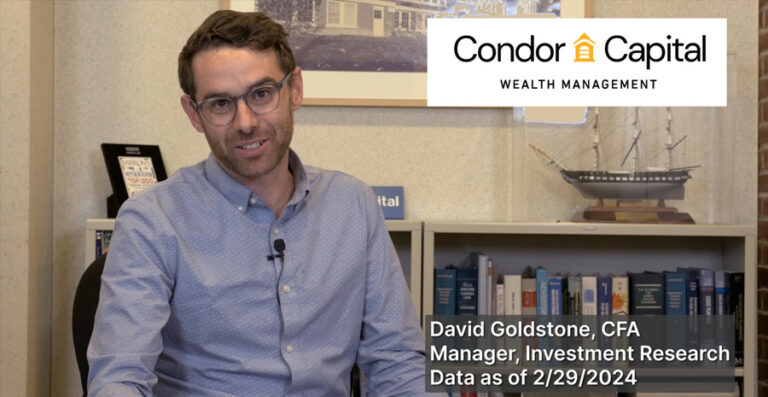Today’s relatively sharp market sell-off is generating a lot of discussion around the impact of rising interest rates on financial markets. Although there are legitimate concerns that the Federal Reserve’s interest rate increases could reduce demand for relatively riskier asset classes like stocks and slow the economy more than expected, it is our view that these concerns are outweighed by other, more positive factors. Our outlook is rooted in the continuing underlying corporate and economic strength domestically, as well as a longer-term contextual view of why interest rates are rising in the first place.
While the bull market in recent years has been aided in part by low interest rates that encourage more investment in equities, there are much more significant factors that have propelled the market higher over that time that are set to continue regardless of where interest rates sit. Corporations have been producing strong earnings to fuel the rise in their stock prices. Also, current prices generally include expectations for more tempered growth and rising interest rates in the near-term. According to FactSet, the S&P 500 Index reported earnings growth of 25.0% for Q2 2018, the highest growth since Q3 2010 when the index was booming and recovering from correction territory. All 11 sectors reported positive earnings growth, and 10 sectors reported double-digit growth for the quarter. For the rest of 2018, earnings are forecast to grow about 20%, but more modest growth of about 7% is expected for early 2019. Combined with the benefits of the 2017 Tax Cuts and Jobs Act tax and the roaring U.S. economy, there are much larger elements working in favor of stocks than any potential headwinds that would arise from rising rates.
It is also important to put the interest rate discussion in its larger historical context. The ultra-low interest rates in recent years were always meant to be a temporary response to a brutal recession, and even today’s rates remain low relative to their historic averages. As a result, the Federal Reserve’s moves to raise rates now should be thought of less as a disruptive force to markets and more as allowing the central bank to reload its arsenal so it can be properly prepared to assist markets whenever the next recession hits. In fact, the only reason the Fed feels comfortable raising rates at this juncture is because the domestic economy is in such a good place. The Fed and central banks abroad have begun a calculated monetary normalization process and are fully aware that normalizing too quickly could potentially shock the economy and increase the odds of causing a recession. Slowly normalizing interest rates in this manner will establish a safety buffer, while limiting destructive effects on investor wealth and consumer spending. This is a point worth expounding upon, as the reality of market reactions to rising interest rates is more nuanced than many bearish commentators are currently letting on. Historically, market reactions have been very dependent on the speed and way central banks go about hiking rates, rather than simply the increases themselves. The fact that the Fed has made a point of being slow and deliberate with its rate increases gives us a higher level of optimism that equity markets can continue to thrive despite any additional hikes.
While higher rates may have a negative impact on markets in the near term, the healthy fundamentals underlying the U.S. economy and financial markets will ultimately be the main driving force behind these markets’ performance. As a result, we at Condor remain cautiously optimistic.



